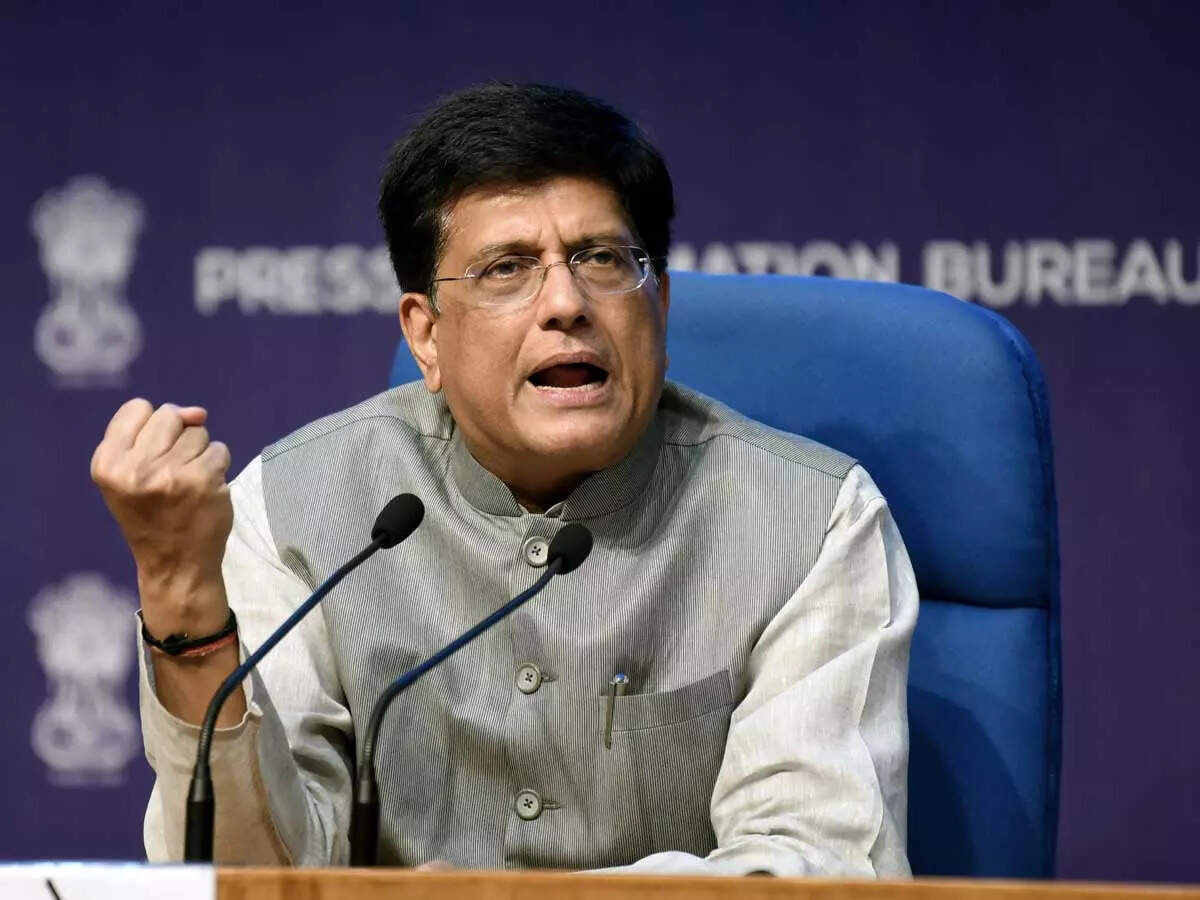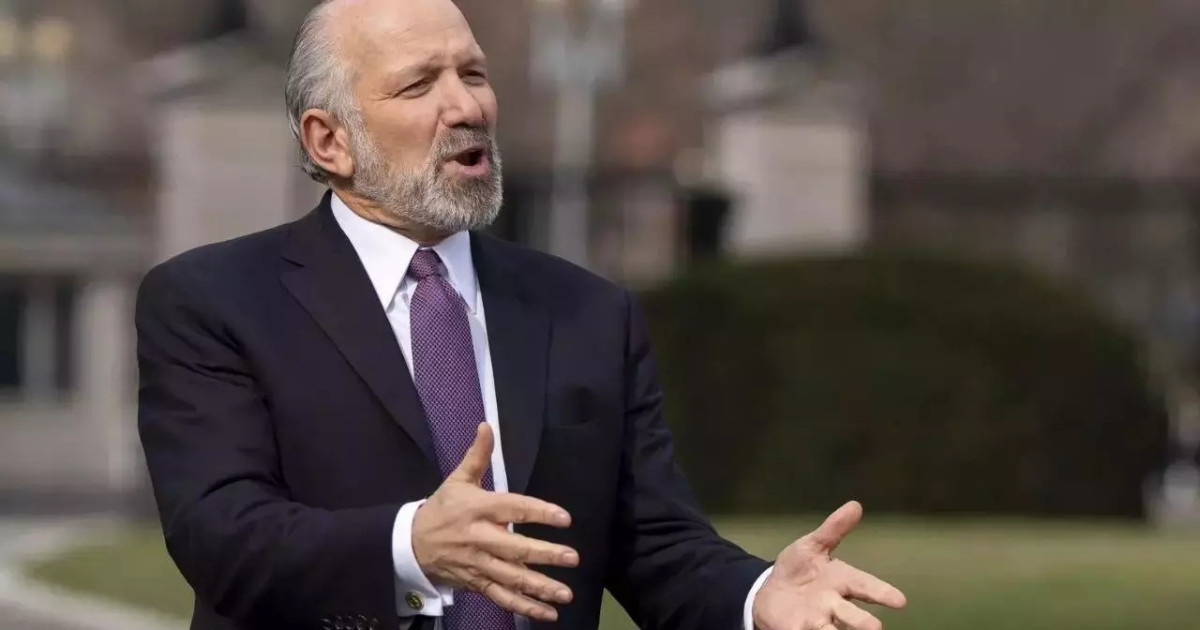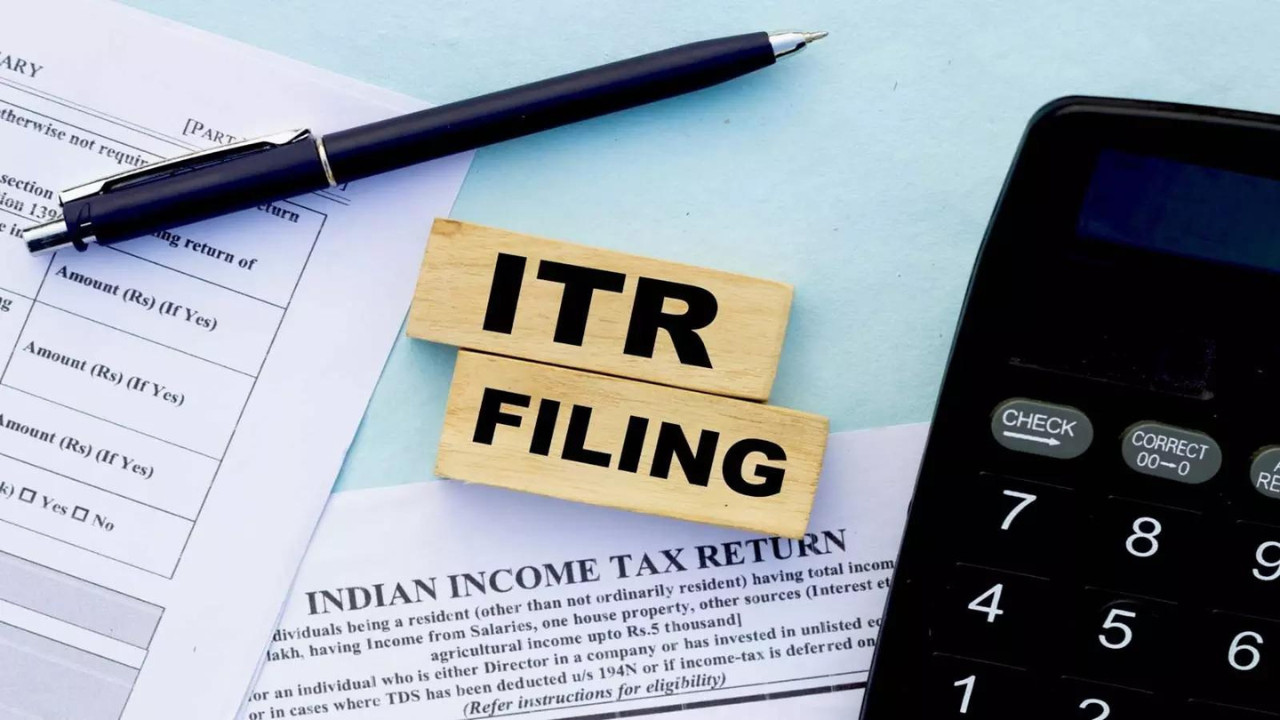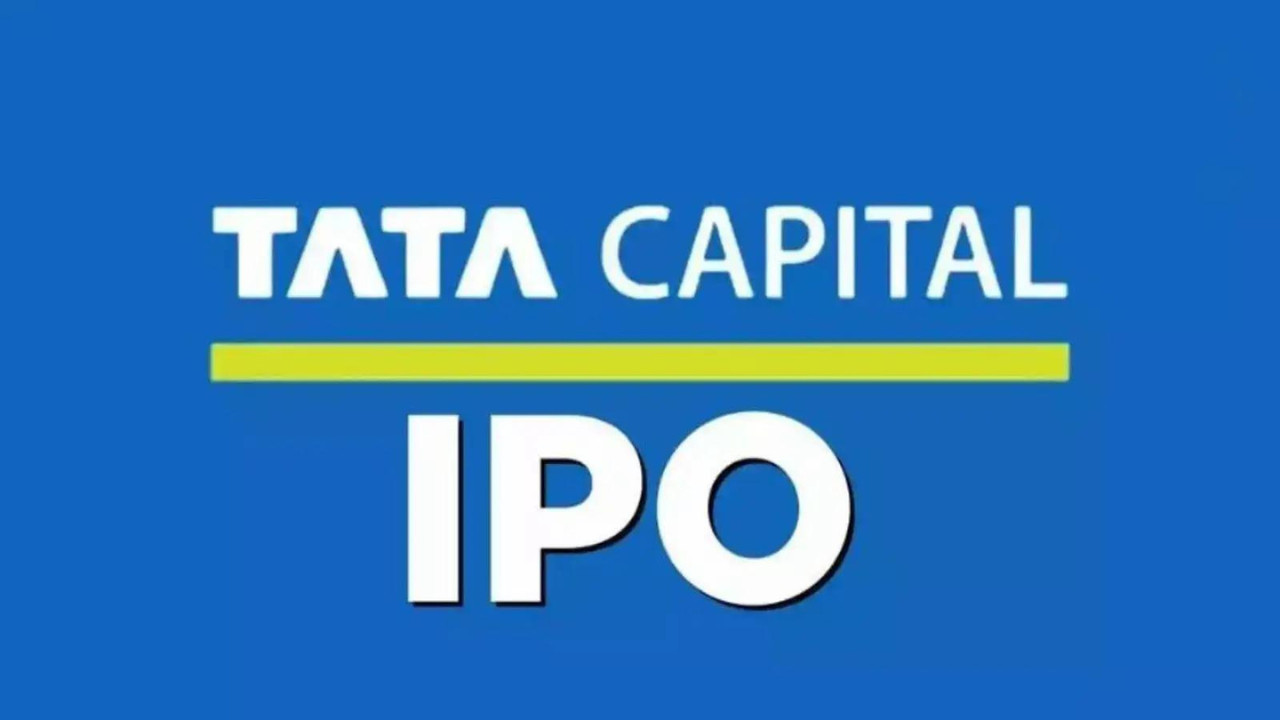India is actively engaged in free trade agreement (FTA) negotiations with key partners like the EU, US, Chile, and Peru, according to Commerce Minister Piyush Goyal. He emphasized the world’s interest in India as developed economies seek trade discussions.
India’s Ambitious Trade Agenda: A World of Opportunities Unfolding
India’s trade landscape is buzzing with activity. Forget dusty boardrooms and slow negotiations; picture a whirlwind of discussions stretching “from morning till night,” as Commerce Minister Piyush Goyal recently put it. India isn’t just dipping its toes into free trade agreements (FTAs); it’s diving headfirst into a global marketplace, actively pursuing deals that could reshape its economic future.
The scope of these negotiations is truly impressive. The United States, the European Union, Chile, and the Eurasian Economic Union are all at the table, signaling a desire to forge deeper economic ties across diverse continents. It’s not just about ticking boxes, but creating robust, mutually beneficial partnerships that unlock new avenues for growth and innovation.
Why this sudden flurry of activity? India recognizes that FTAs are more than just trade deals; they’re strategic instruments. They can unlock access to new markets for Indian goods and services, attract foreign investment, and boost domestic manufacturing. In a world increasingly defined by geopolitical shifts and supply chain disruptions, diversifying trade relationships is crucial for economic resilience.
The US-India Trade Dynamic: Beyond the Headlines
The potential FTA with the United States is perhaps the most closely watched. While a comprehensive deal has remained elusive, the current focus is on targeted agreements that address specific areas of concern, like market access for certain agricultural products or streamlined regulations for tech companies. Finding common ground between two economic giants, each with its unique priorities, requires a nuanced approach. The benefits of stronger ties are obvious to both countries.

Think about it: easier access for Indian pharmaceuticals to the US market, or reduced tariffs on American machinery imported into India. These small but significant changes can add up to a substantial boost for both economies. The key is to focus on areas where mutual benefit is clear, building momentum for a more comprehensive agreement down the line. This ties in neatly with India’s “Trade Facilitation” initiatives, covered extensively in our previous blog post.
Europe Beckons: A Gateway to a Massive Market
Negotiations with the European Union are equally significant. A successful FTA with the EU would open doors to one of the world’s largest and most affluent markets. This would give Indian exporters a significant competitive advantage, allowing them to expand their presence in sectors like textiles, engineering goods, and information technology.
For European companies, India represents a vast and rapidly growing consumer base. An FTA could reduce barriers to investment and trade, encouraging greater participation in India’s burgeoning economy. There are challenges, of course. Differences in regulatory standards and concerns about intellectual property rights need to be addressed. But the potential rewards are too great to ignore.
Looking South and East: Expanding India’s Reach
Beyond the US and Europe, India is actively engaging with partners in South America and Eurasia. Negotiations with Chile aim to deepen trade ties in sectors like mining, agriculture, and renewable energy. An FTA with the Eurasian Economic Union, which includes Russia, Belarus, Kazakhstan, Armenia, and Kyrgyzstan, could create new opportunities for trade and investment in a strategically important region.
India’s Trade Talks and the Bigger Picture:
India’s ambitious trade agenda reflects its growing confidence and its determination to play a leading role in the global economy. It’s not just about signing deals; it’s about shaping a future where trade is a force for growth, innovation, and shared prosperity. This proactive approach signals a clear message: India is open for business and ready to engage with the world on its own terms. While obstacles remain, the sheer energy and commitment behind these negotiations suggest that India is poised to make significant strides in the years to come.
Ultimately, the success of these negotiations will depend on India’s ability to balance its own interests with the needs of its trading partners, fostering a spirit of cooperation and mutual respect. The potential rewards are significant, promising to unlock new opportunities for Indian businesses, create jobs, and drive economic growth for years to come. The “morning till night” dedication hinted at suggests India takes these India’s trade talks seriously, and the world should take notice.







